Aromachology, often referred to as the science of scent, explores the profound connection between fragrances and human emotions, cognition, and behavior. Unlike aromatherapy, which focuses on the therapeutic use of essential oils, aromachology delves into the psychological effects of scents and how they influence mood, memory, and decision-making. This fascinating field combines elements of neuroscience, psychology, and chemistry to uncover the power of smell in shaping our experiences and interactions.
The Roots of Aromachology
The term "aromachology" was coined in the 1980s by the Sense of Smell Institute (SSI) in the United States. Researchers aimed to scientifically investigate the psychological and emotional impact of scents. While the cultural use of fragrance for mood enhancement dates back thousands of years, aromachology is distinct in its focus on evidence-based studies and measurable effects of specific scents on mental states.
The Science of Smell: Why Aromachology Works
The human sense of smell is directly linked to the brain’s limbic system, a region responsible for emotions, memories, and behavior. When you inhale a fragrance, odor molecules stimulate the olfactory receptors in your nose, sending signals to the brain. This process can trigger emotional responses, recall vivid and distant memories, or even influence decisions.
- Emotional Impact: Certain scents can release neurotransmitters like serotonin or dopamine, promoting feelings of happiness or relaxation.
- Memory and Association: Smells are powerful triggers for memory recall, often evoking detailed and emotional recollections.
- Behavioral Influence: Fragrances can subtly shape behavior, such as increasing focus, improving social interactions, or encouraging purchases in retail environments.
Aromachology vs. Aromatherapy
While the two fields are interconnected, they differ in scope and focus:
| Aspect | Aromachology | Aromatherapy |
|---|---|---|
| Focus | Psychological and emotional effects of scent | Therapeutic and physical benefits of essential oils |
| Fragrance Type | Can include synthetic and natural fragrances | Primarily essential oils and natural extracts |
| Method | Scientific studies and sensory experiments | Holistic healing practices |
Applications of Aromachology
The insights gained from aromachology have led to practical applications across various industries:
- Mood Enhancement: Scents like lavender promote relaxation, while citrus scents uplift and energize.
- Stress Reduction: Aromas such as chamomile and sandalwood help alleviate stress and anxiety.
- Cognitive Performance: Peppermint and rosemary enhance focus and mental clarity.
- Retail and Marketing: Scent marketing enhances customer experiences and encourages purchases.
- Hospitality and Wellness: Hotels and spas use fragrances to create memorable, relaxing environments.
Popular Scents in Aromachology and Their Effects
- Lavender: Promotes relaxation and better sleep; reduces anxiety.
- Citrus (Lemon, Orange, Grapefruit): Uplifting and energizing; boosts mood.
- Peppermint: Enhances focus and mental clarity; improves cognitive performance.
- Rose: Encourages feelings of love and emotional well-being.
- Sandalwood: Promotes mindfulness and grounding; helps with relaxation.
- Vanilla: Comforting and nostalgic; encourages warmth and happiness.
The Future of Aromachology
As research continues, aromachology is finding new applications in emerging fields:
- Healthcare: Fragrances are being studied for their potential to alleviate symptoms of Alzheimer’s or PTSD by triggering positive memories.
- Personalized Scent Experiences: Advances in AI and wearable technology may allow individuals to customize scents based on mood or activity.
- Sustainable Fragrance Development: The industry is exploring eco-friendly ways to create fragrances with minimal environmental impact.
The Science of Scent
Aromachology offers a captivating glimpse into the power of scent to shape our emotions, thoughts, and behaviors. From its ancient roots to its modern scientific applications, the field underscores the profound impact of fragrance in our daily lives. Whether you're using lavender to relax, peppermint to focus, or a signature scent to make a lasting impression, aromachology proves that the right aroma can transform experiences and elevate well-being.




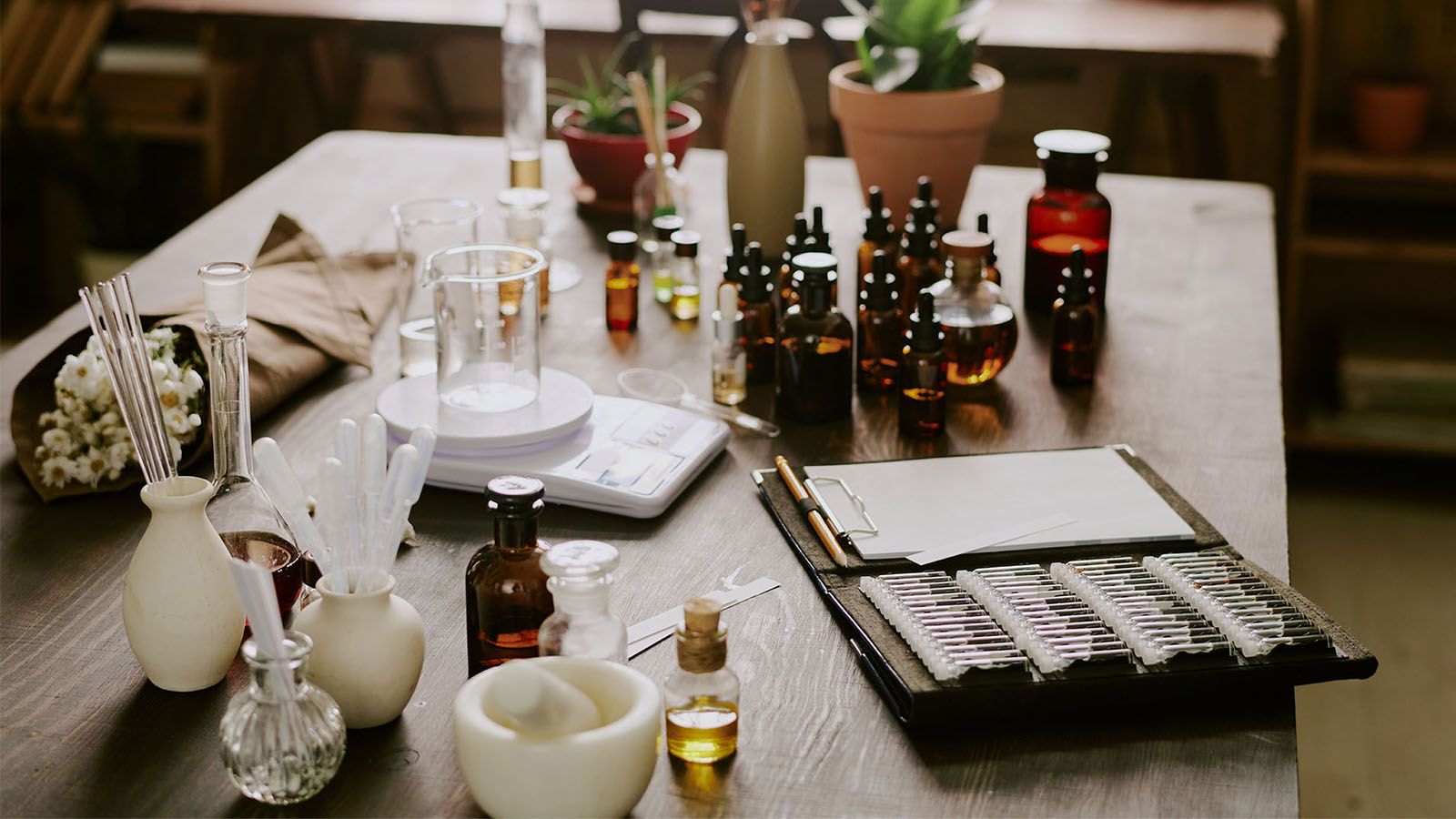
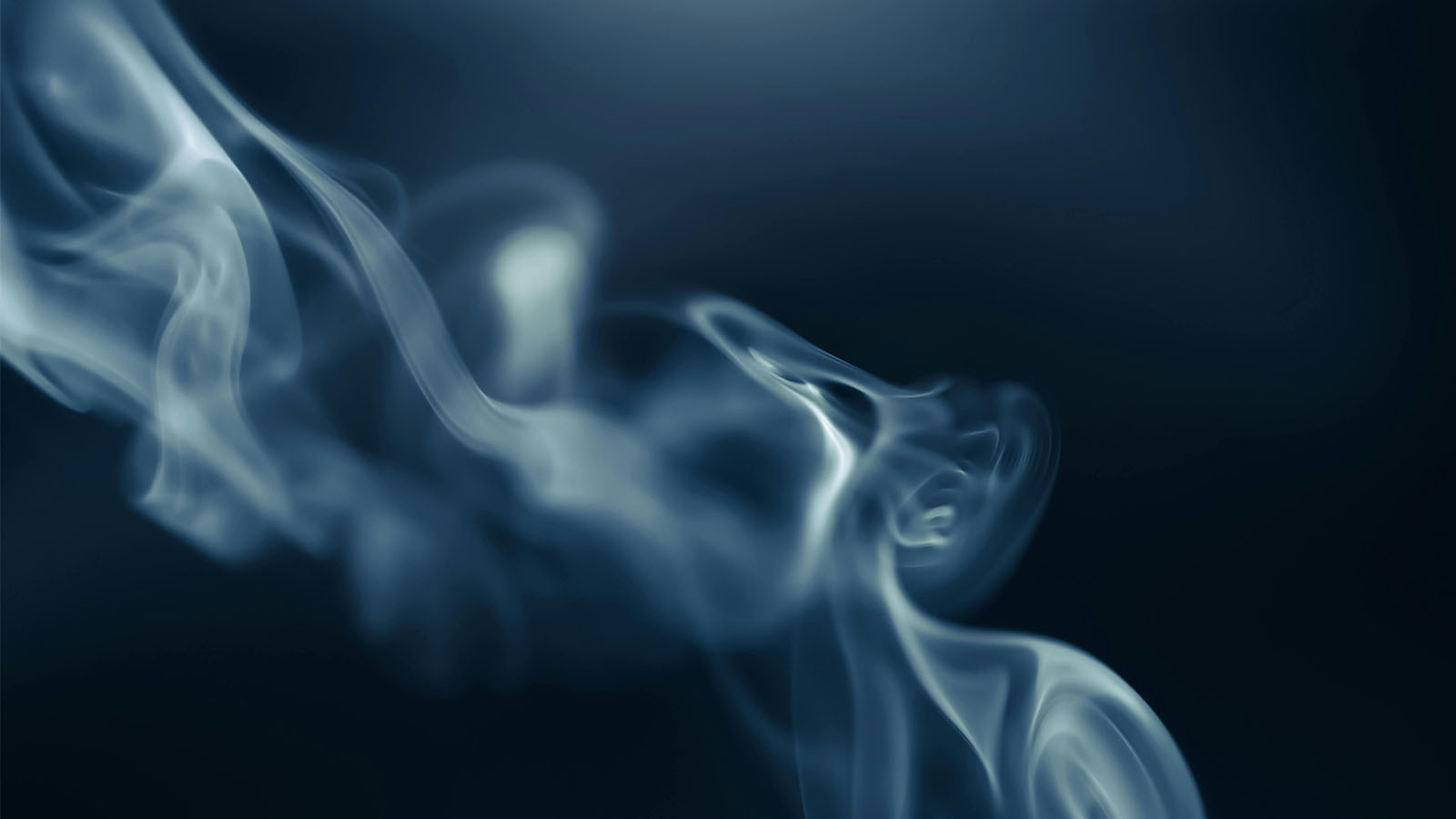

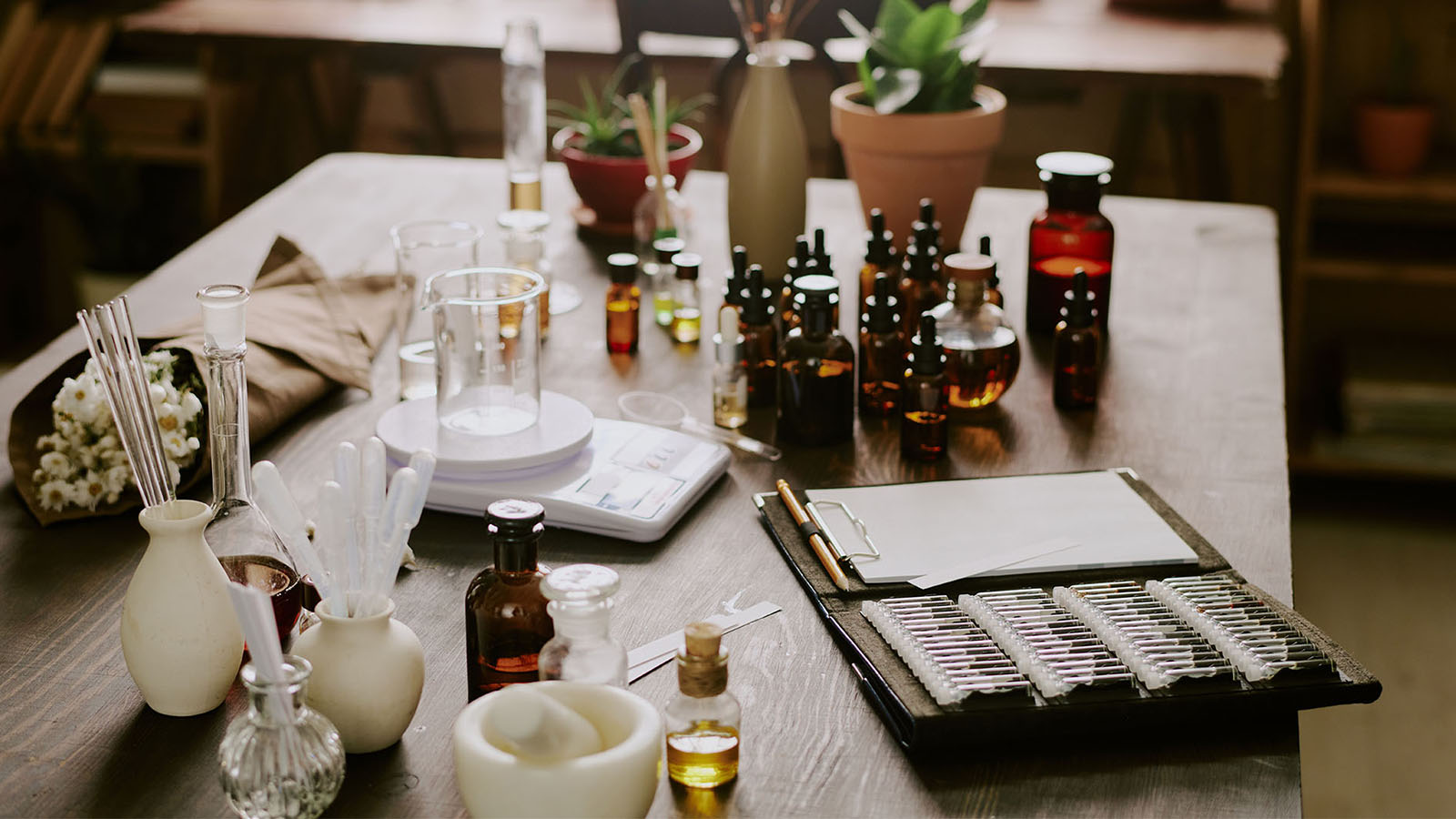

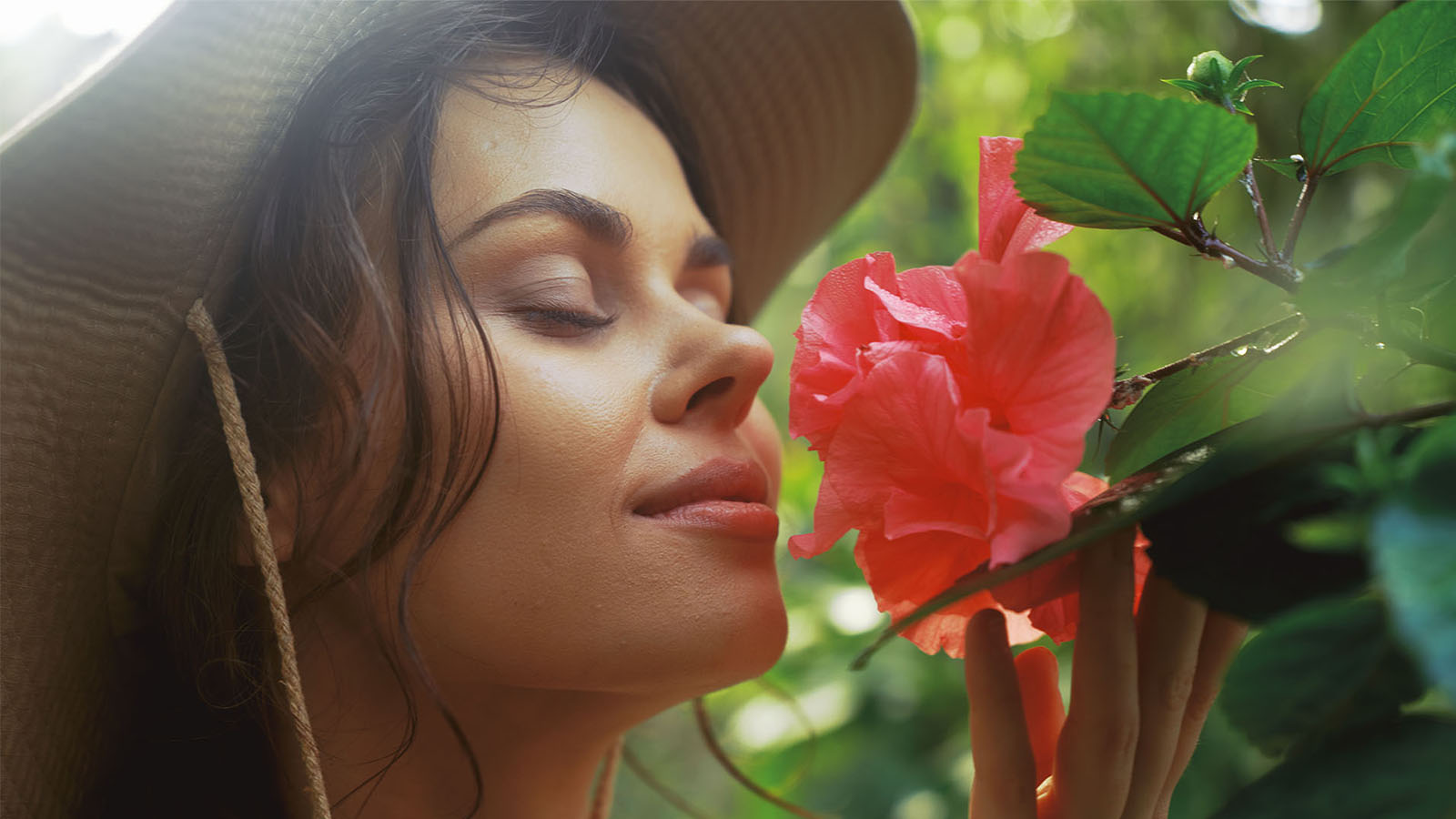
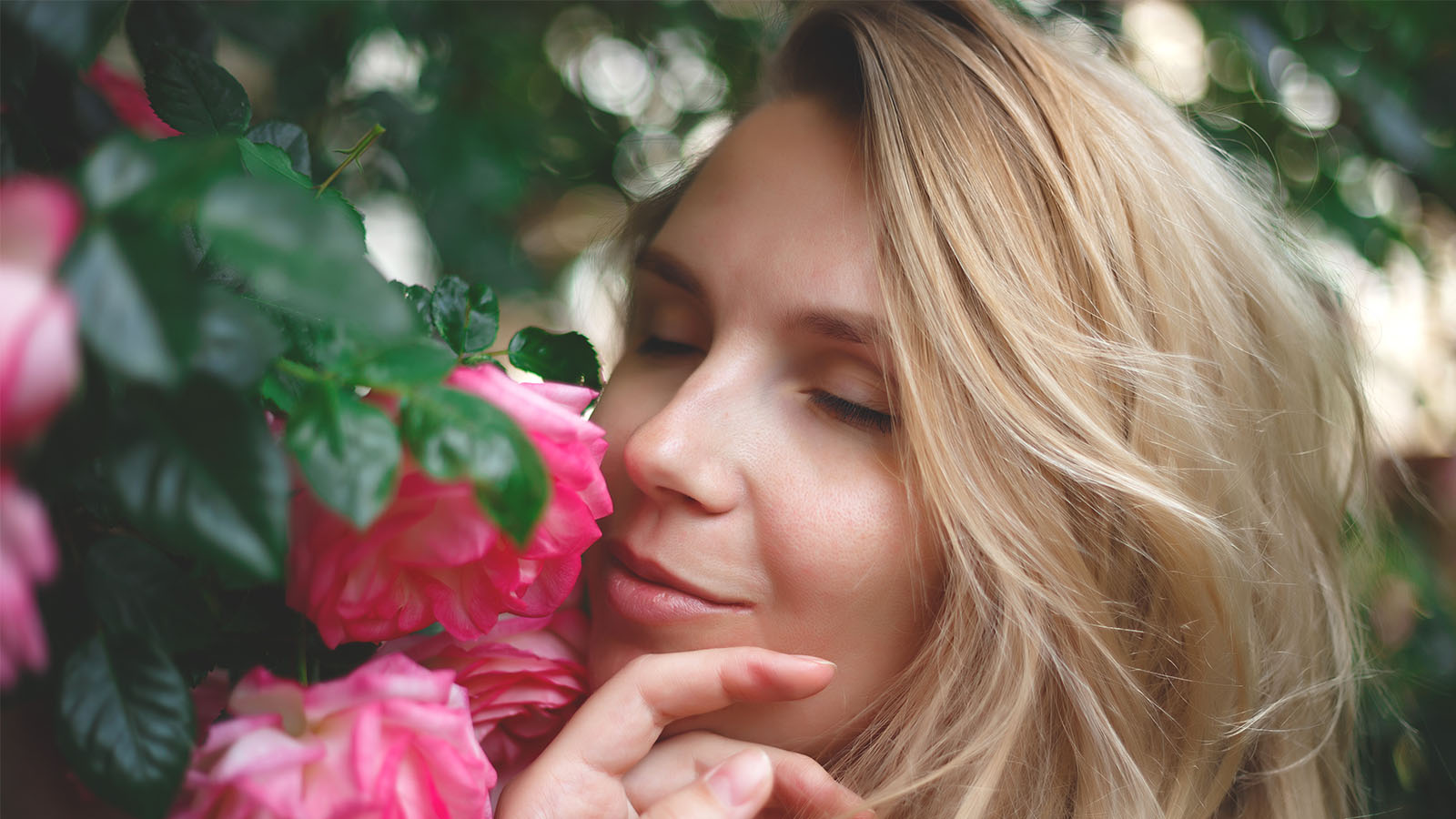
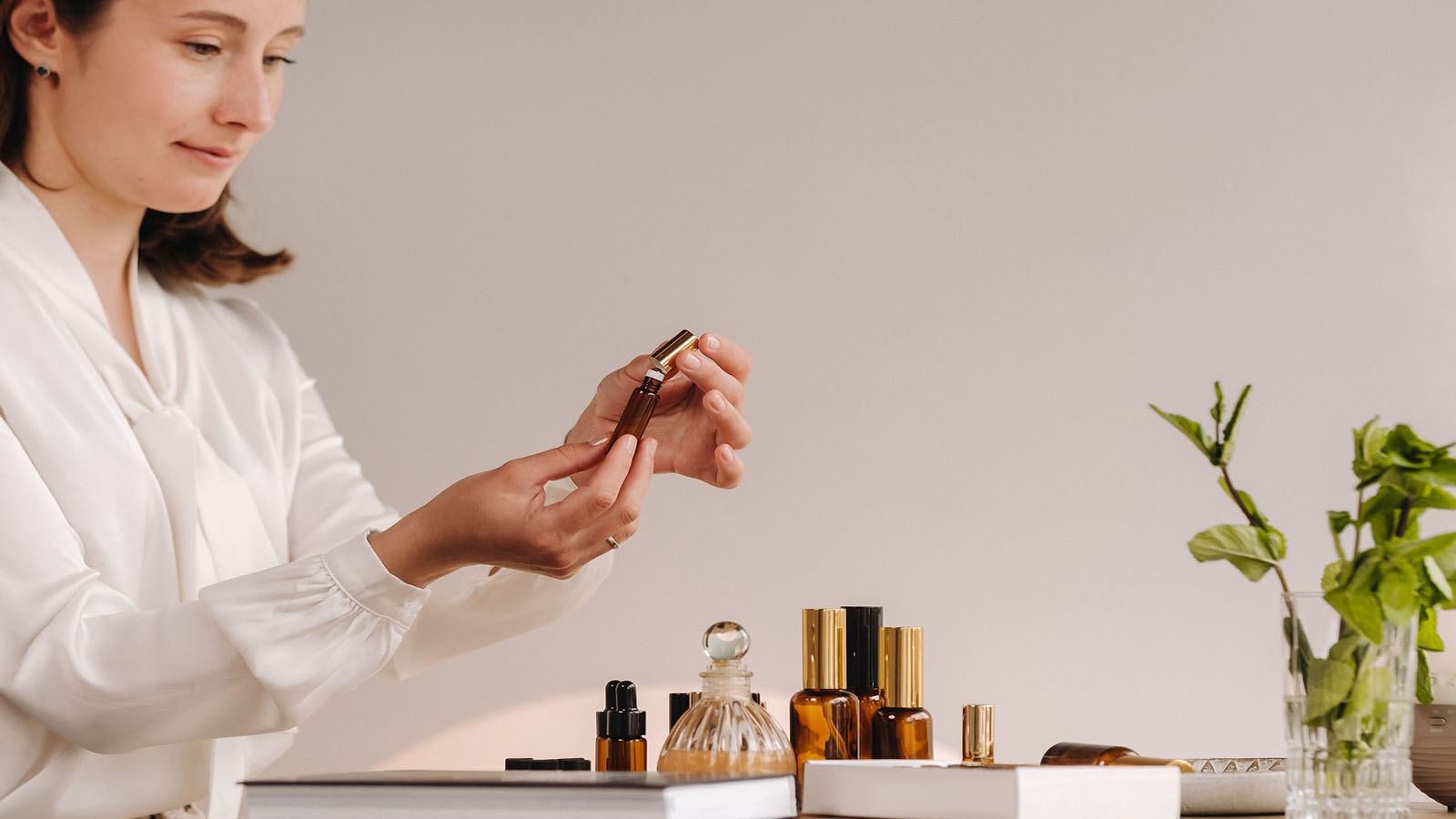




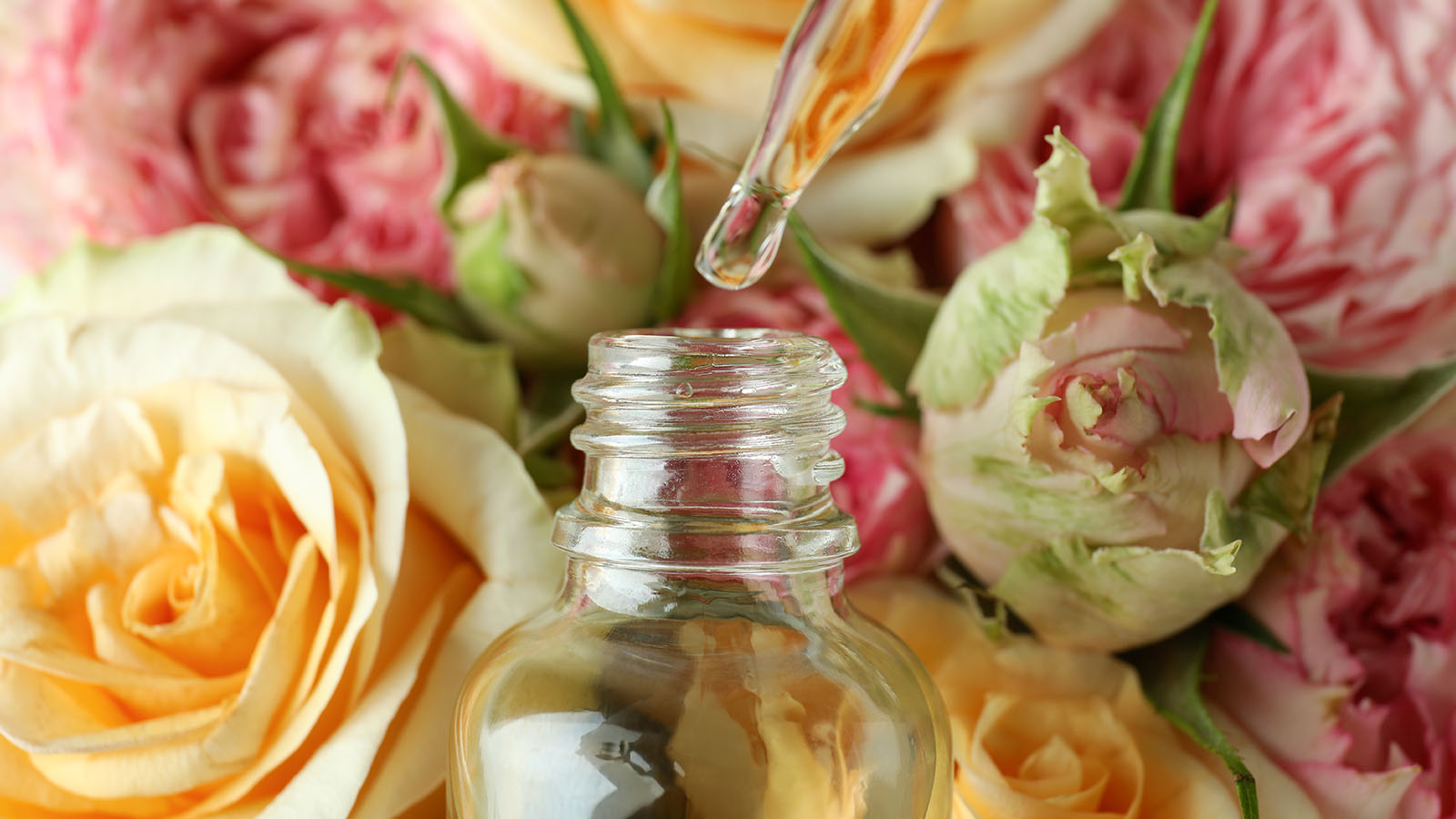
Share:
The Power of Smell
Essential Oils vs. Diffuser Oils